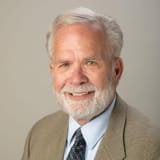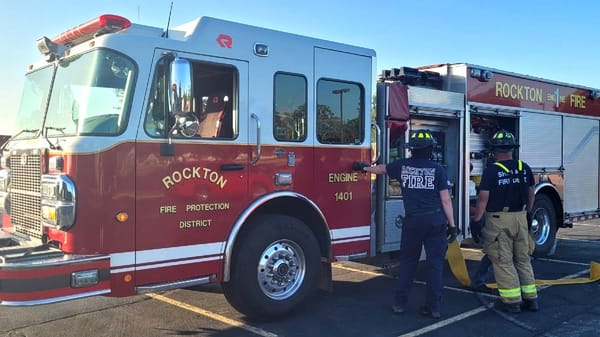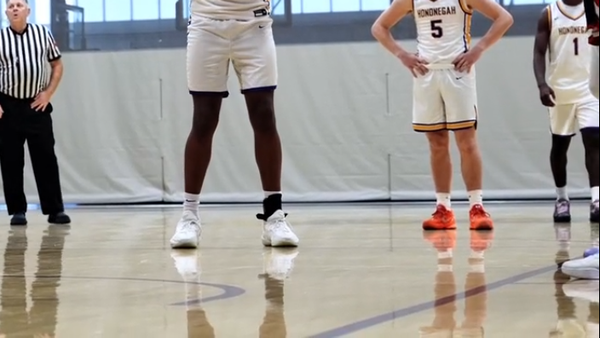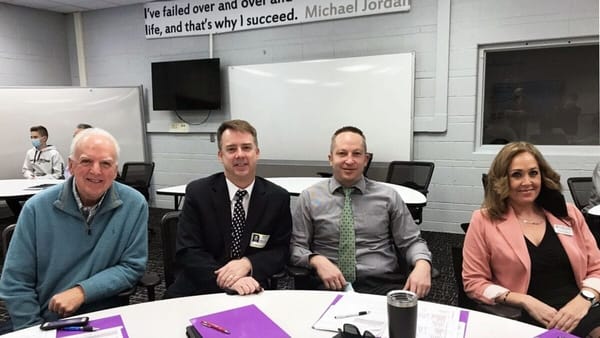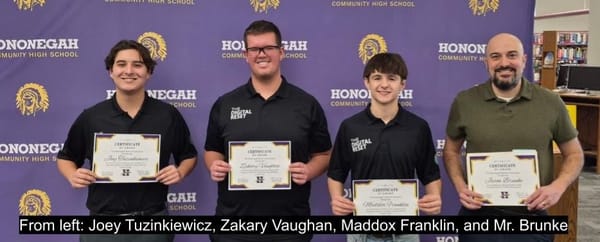Opinion
There has been a great deal of emotion surrounding the formation of the new Club America/Turning Point USA chapter at Hononegah High School.
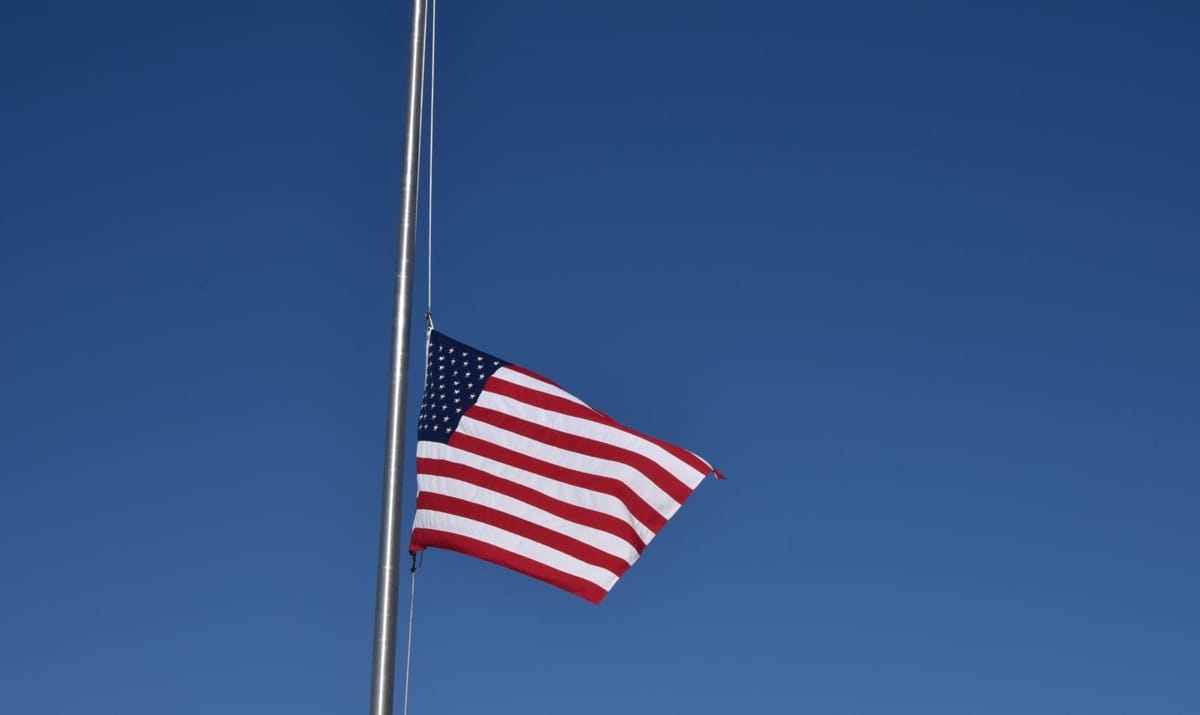
Before I share my comments, I want to make clear that I am speaking solely for myself. Although I serve on the Hononegah High School Board of Education, the views expressed here are mine and mine alone. They do not necessarily reflect the positions, opinions, or perspectives of the Hononegah Board or Administration.
There has been a great deal of emotion surrounding the formation of the new Club America/Turning Point USA chapter at Hononegah High School, and I want to address the issue clearly, respectfully, and in a way that reflects, what I believe to be, our shared community values. At a time when political tensions across the country often filter into our schools, it is important to step back and remind ourselves of the principles that truly govern student clubs and student expression.
Our school—like every public school in America—operates under the Constitution. That means students have the freedom to form clubs that reflect their beliefs, interests, and viewpoints, even when others strongly disagree with them. The same protections that allow students to form environmental clubs, LGBTQ/GSA clubs, cultural groups, or faith-based clubs also allow students to form a politically conservative club. That isn’t favoritism; that is the First Amendment working exactly as intended.
I understand that some community members feel uneasy, and those feelings are real. But feelings alone cannot override constitutional freedoms or state law. It’s important to remember how this particular club began.
The initial idea to establish a Turning Point USA chapter at Hononegah came from a young senior who cared about civic engagement and took the initiative to create a space for discussion. A number of fellow students joined her. In recent weeks, she—and to a lesser degree, the other students involved—have faced a wave of harsh, withering criticism across social media.
Like many young people new to public conversations, early missteps in social media and public comments are part of the learning curve. That is not surprising—most adults can look back at our own early efforts and wince. Mistakes are part of learning, not grounds for condemnation.
They are opportunities for guidance. Regardless of our politics, we should be able to admire the courage it takes for any student to step forward, take initiative, and engage their peers constructively. That kind of leadership should be encouraged, even as we offer the mature guidance that every young person deserves.
Some have suggested that this new club “harms students” simply because its ideology differs from their own. But disagreement is not harm. A healthy school environment is one where students learn how to engage with differing ideas—not silence them, fear them, or treat them as threats.
One of Hononegah’s greatest strengths is the more than 40 clubs available to students. These clubs allow young people to engage with peers who hold a wide range of interests and perspectives.
At a time when so much communication happens anonymously behind screens—where hostility spreads easily—our clubs help students engage and practice—eye to eye; real dialogue, listening, conflict resolution, and respect.
These are skills far more valuable to their futures than any online argument.
Students also learn from us—the adults in their lives. Whether we intend it or not, we model behavior every time we speak, post, or react. When adults approach differing viewpoints with fairness, patience, and respect, students notice. When adults resort to ridicule or personal attacks, they notice that as well. The environment we create becomes the environment they imitate.
These freedoms are not optional. Under the Equal Access Act, once a school allows one non-curricular club, it must allow all non-curricular clubs on equal terms. Schools cannot approve clubs they like and reject clubs they don’t.
Whether students want to form a club focused on socialism, libertarianism, faith, culture, environmental activism, or even something satirical, the school is required to apply the same neutral, consistent rules to all. Equal access means equal access for everyone.
And it’s worth remembering: The same laws that protect this club also protect the clubs many of its critics care about. These principles work both ways, and they protect all students equally.
You may not personally support Turning Point USA—and that is your right. But it is equally the right of students who do support it to meet, share ideas, and participate fully in student life without intimidation or hostility.
Our commitment to inclusion is not measured by how we treat those who agree with us, but by how we treat those who don’t. Protecting freedom only when we like the speaker isn’t freedom at all.
This moment is not truly about one club.
It is about whether we believe in the core American principles of free expression, open dialogue, intellectual diversity, and equal access—principles that safeguard every student and strengthen our community.
Let us be a school and a community that chooses to model those values with consistency, integrity, and respect. Our students deserve a community that teaches them how to disagree without tearing each other down.
And that is how we truly live up to our school’s motto: Scholarship, Citizenship, Leadership.
—Bob Geddeis

